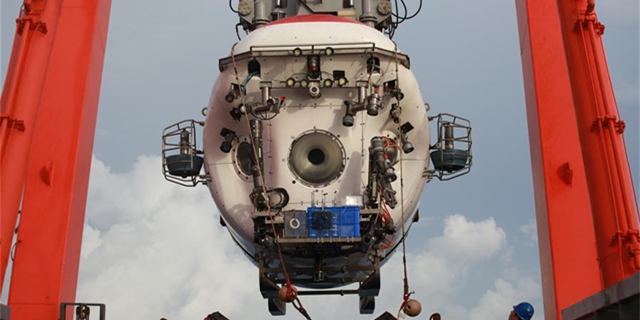China presents huge potential for US exporters, trade report says
 |
|
A shopper selects beef products at a supermarket in San Diego, California. Talks on restarting US beef exports to China are moving fast and final details should be in place by early June, the US Department of Agriculture said. [Photo/Agencies] |
Products and goods from the energy industry, agriculture, general manufacturing and services will boost trade between the two countries, according to the Research Report on China-US Economic and Trade Relations.
China also plans to import more US soybeans and cotton as well as advanced manufactured items such as passenger aircraft, integrated circuits and machine tools, it said.
"An increase in these imports will support China's services and also help us upgrade our industrial sectors," said Sun Jiwen, a spokesman for the Ministry of Commerce.
Sino-US trade surged from $2.5 billion in 1979 to $524.3 billion last year. It also accounted for 14.1 percent of China's total foreign trade in 2016, according to the General Administration of Customs.
China and the US also will discuss plans to expand US film imports this year, according to the report.
"Economic globalization is a basis for further development of China-US trade relations," Sun said.
China is a manufacturing powerhouse in mid-and low-end goods. But the US is still the dominant player in high-value industries. The US also has an extremely sophisticated service industry and thrives on innovation, research and development.
"China and the US still have sensitive economic fields and their own focuses of concern," Sun said. "Factors such as national conditions and stages of development determine the status, division of labor and openness of the two countries in a globalized world."
The report also stressed that the US continues to enforce high-tech export controls to China, which prohibits the sale of a range of highly competitive products in the country. This has played a big role in slowing down the exchange of scientific and technological knowledge.
In 2001, US high-tech exports accounted for 16.7 percent of China's imports of similar goods. Last year, the figure fell to 8.2 percent.
"A historical view of their differences is important to accurately grasp the trend and development of bilateral economic and trade relations between China and the US," Sun said.
Still, closer trade ties look possible, according to Wei Jianguo, vice-president of the China Center for International Economic Exchanges.
Wei is confident the China-US Bilateral Investment Treaty can be completed under the 100-day action plan agreed on by the two countries.
This will cover a range of sectors like agriculture, financial services and energy.
"The key to the negotiations lies in the negatives," said Wei. "It's likely that the US thinks China's negative list is too long." A negative list shows areas where investment is prohibited; all other areas as presumed open.
"China ought to take action like relaxing foreign equity limits for banks, while the US should consider opening its high-tech sector to China."
















